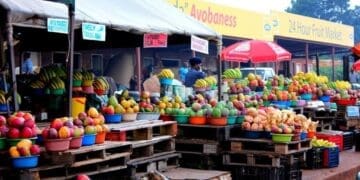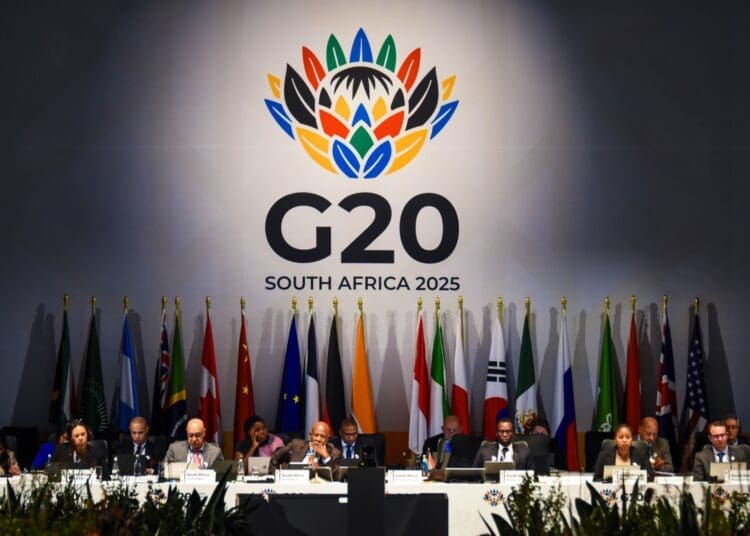eMalahleni entrepreneur Lindiwe Ncube who owns GreenLeaf Beverages says her small bottling company has always aimed to export to neighbouring countries, but has been stalled by inconsistent regulations and a lack of trade intelligence.
“We know there is demand out there, but figuring out how to meet export standards or who supports us in that process has always been opaque. If this working group leads to clearer trade paths or funding support for things like certification, that could really move us forward,” Ncube told Vutivi Business News.
With mounting challenges such as trade protectionism, disrupted supply chains, and escalating cost pressures, South Africa is turning its attention beyond domestic borders. Small Business Development Minister Stella Ndabeni has called for the establishment of a dedicated G20 MSME and Startup Working Group as part of the country’s presidency of the G20.
The idea is to give South Africa and its entrepreneurs a louder voice globally, especially in the discussions that affect access to finance, market opportunities, and policy reforms.
The crunch came during the Global SME Ministerial Meeting in Johannesburg earlier this year, where Ndabeni said the government is unequivocal that the G20 needs a sharper MSME focus with its own dedicated Working Group and will use the Global Ministerial Meeting to bolster this position.
She warned that rising protectionism is threatening the global value chains on which many developing economies rely.
Her vision is to ensure the concerns of MSMEs and startups, especially those in under-resourced areas, are not just raised but addressed in the G20 declaration in November.
Johan Strydom, co-founder of KCTech Solutions in Randburg, which develops low-cost solar-powered lighting for informal settlements, faces high import duties and foreign exchange volatility that make scaling difficult.
“I look at opportunities abroad, but the costs and risks are always shifting. If this global compact can push for harmonised standards or better cross-border frameworks, that would alleviate a lot of uncertainty for us,” Strydom said.
Deputy Minister of Finance Ashor Sarupen has stated that under South Africa’s G20 Presidency, SMEs are being framed as “the backbone of economies worldwide.” In a side event at the SME Finance Forum in Johannesburg in mid-September, Sarupen said SMEs make up over 90% of formal businesses globally, employ about 60% of the South African workforce. Yet too many local SMEs remain locked out of export and finance opportunities.
Officials also believe that creating a formal Working Group would help tackle specific obstacles: varying regulatory requirements across borders, high trade costs for small exporters, and gaps in finance products tailored for early-stage or high-risk SMEs. Digital trade, sustainability, and inclusion (especially for women and youth entrepreneurs) are already listed among the priorities in the Startup20 engagement framework.
But there are doubts. Both Ncube and Strydom worry about implementation: will this shift in rhetoric lead to real change in access to government grants, improved coordination across agencies, or streamlined processes for export certification, or will it remain another set of promises tied to global meetings?
lazola@vutivibusiness.co.za


























































